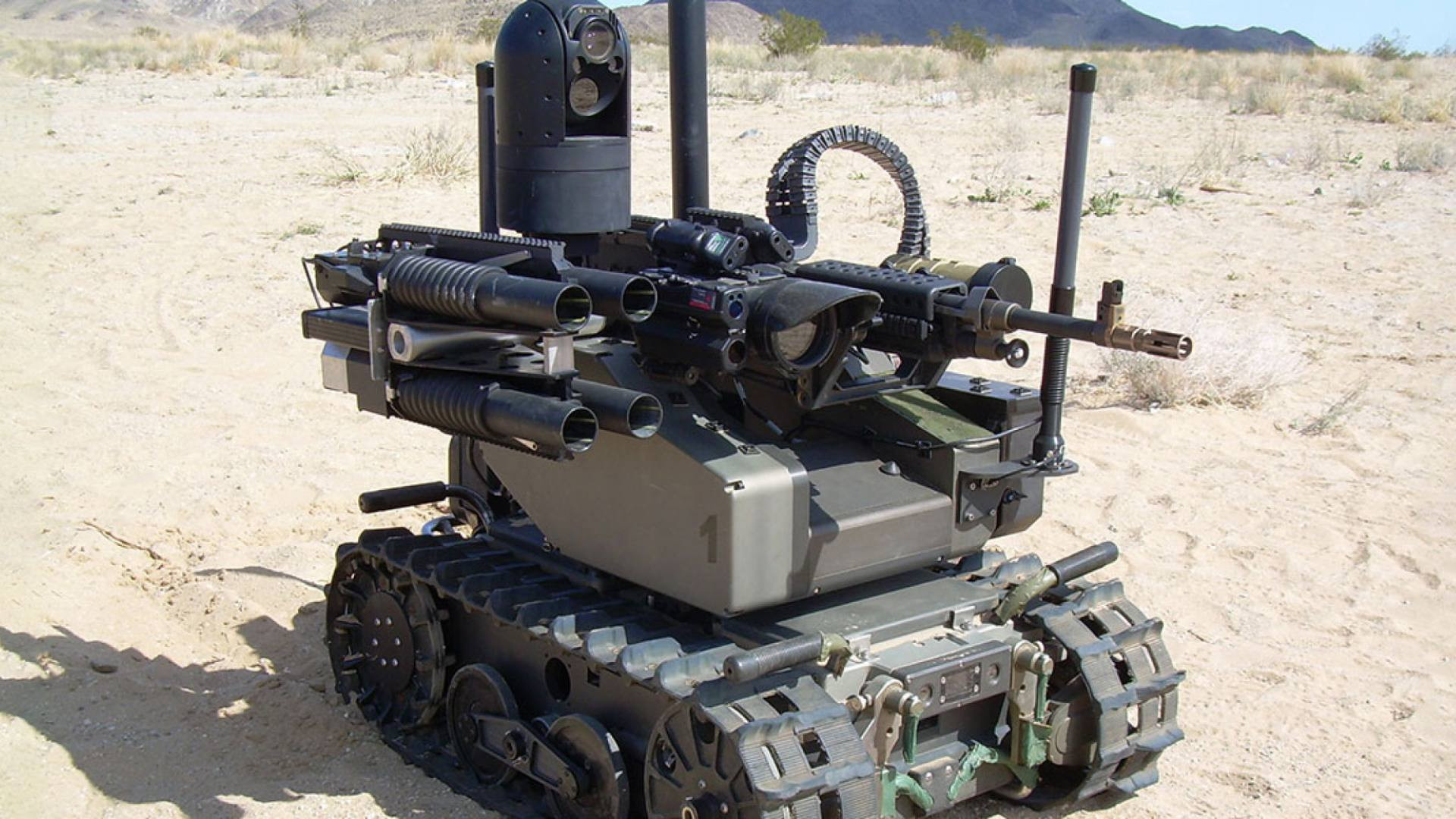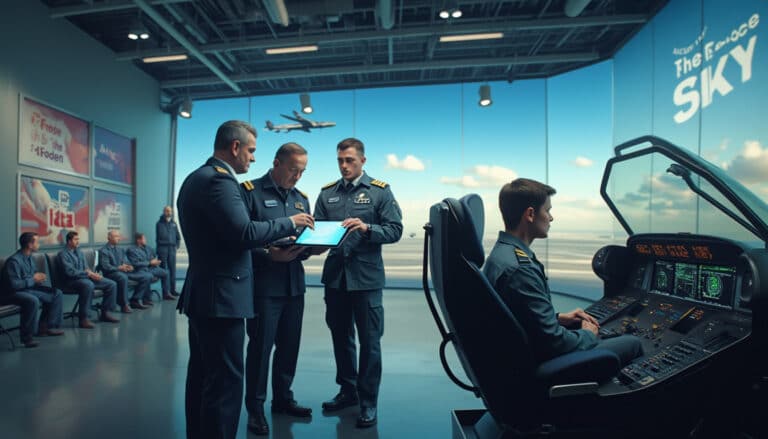In the United Kingdom, the rise of robots and the integration ofartificial intelligence (IA) have profoundly modified the national defense strategy. This technological revolution makes it possible to improve military capabilities while responding to contemporary challenges. The British armed forces are now exploring various applications of AI, particularly in the field of intelligent robotics and the computer vision. This strategic turning point underlines the growing importance of advanced technologies in the context of security national and military operations. Faced with an increasingly complex environment, AI appears to be a promising solution for modernizing and optimizing the British armed forces.

With the advent ofartificial intelligence (IA), the UK defense sector is profoundly transformed. Robots and sophisticated algorithms are beginning to play a critical role in the strategic and operational planning of military forces. This transition to AI represents not only a response to contemporary threats, but also a means to redefine operational capabilities in the digital age.
Table des matières
ToggleThe Ministry of Defense and AI
The British Ministry of Defense has launched a revolutionary strategy focused on AI, recognized as essential to guarantee national security. This initiative aims to integrate AI technologies into all facets of military operations, from intelligence to logistics. Indeed, the implementation of these technological innovations could make it possible togain a tactical advantage notable against adversaries.
Military applications of AI and robots
The use of AI in the military covers a wide range of applications. Among these, the computer vision and the intelligent robotics have become priorities. The armed forces are exploring the possibility of using AI-equipped drones for reconnaissance missions, as well as autonomous robots for explosive defusing or logistical support. These technologies aim toincrease security soldiers on the ground.
An international summit on the risks of AI
THE United Kingdom recently hosted an international event bringing together several countries to discuss the risks and opportunities related to AI. This summit highlighted the need to create ethical standards that would guide the use of AI in the military. Participating countries recognized that international cooperation is crucial to managing the implications of AI, particularly in the face of an ever-changing military landscape.
The challenges of integrating AI
Despite the undeniable advantages that the integration of AI brings, several challenges remain. Ethical questions surrounding AI systems making autonomous decisions raise concerns about liability in the event of an error. Furthermore, the development and integration of these technologies require considerable investment and detailed analyzes potential threats these systems could pose.
AI and the redefinition of defense strategies
The rise of robots and AI systems is also transforming defense strategies traditional. The UK armed forces are beginning to adopt a more agile and responsive approach, through data collection and the application of advanced algorithms to predict enemy movements. This allows a resource optimization and better preparation for potential crises.
Future prospects for AI in defense
Looking to the future, AI is expected to continue to significantly shape the UK defense sector. Investments in research and development continue, with particular emphasis oninnovation technological. Collaboration between government, the technology industry and academic institutions will be crucial to realizing the full potential of AI in military operations and ensuring enhanced national security in the long term.
Les robots dopés à l'IA, le nouveau pari de Jeff Bezos https://t.co/P7gI938dRR
— Les Echos (@LesEchos) September 2, 2024
























